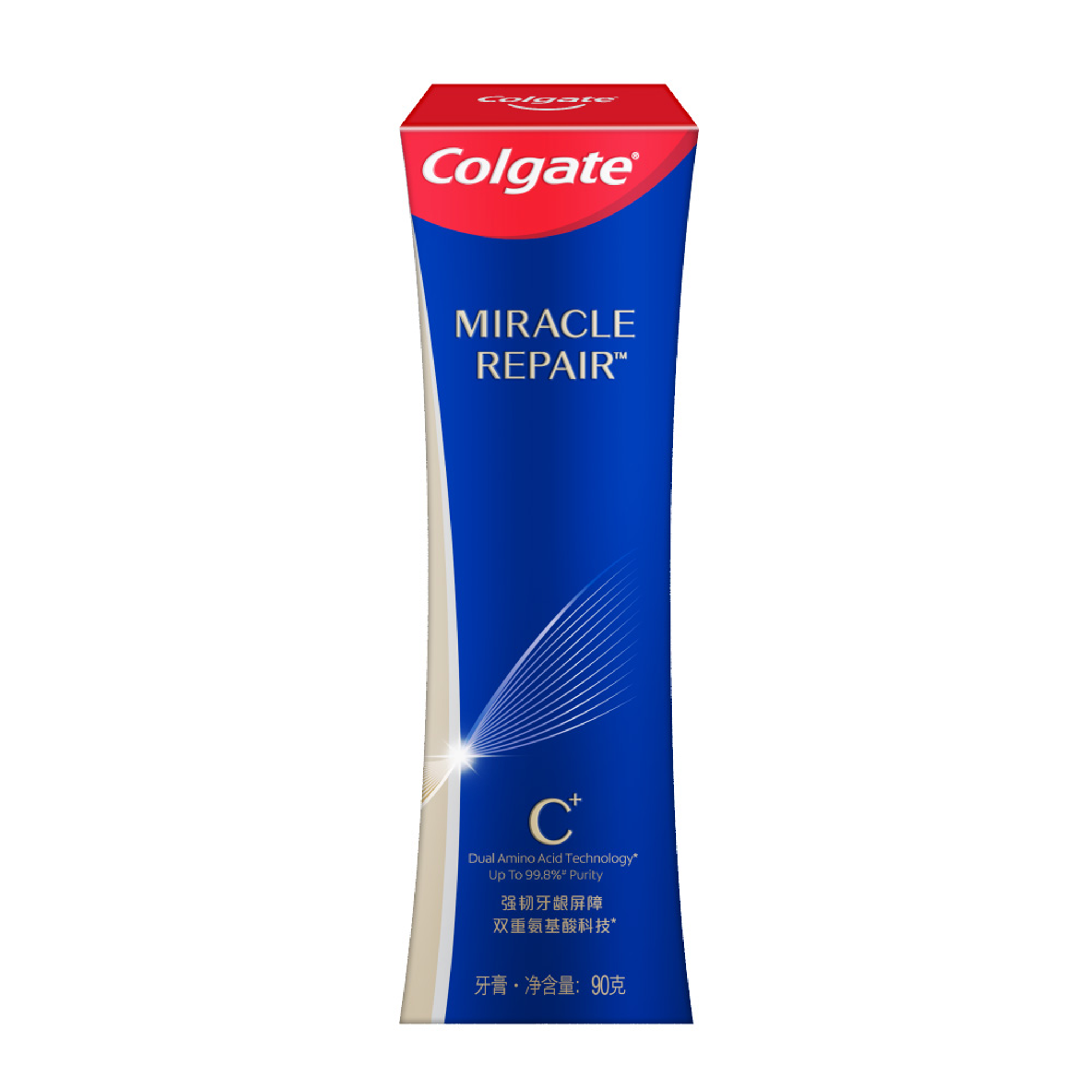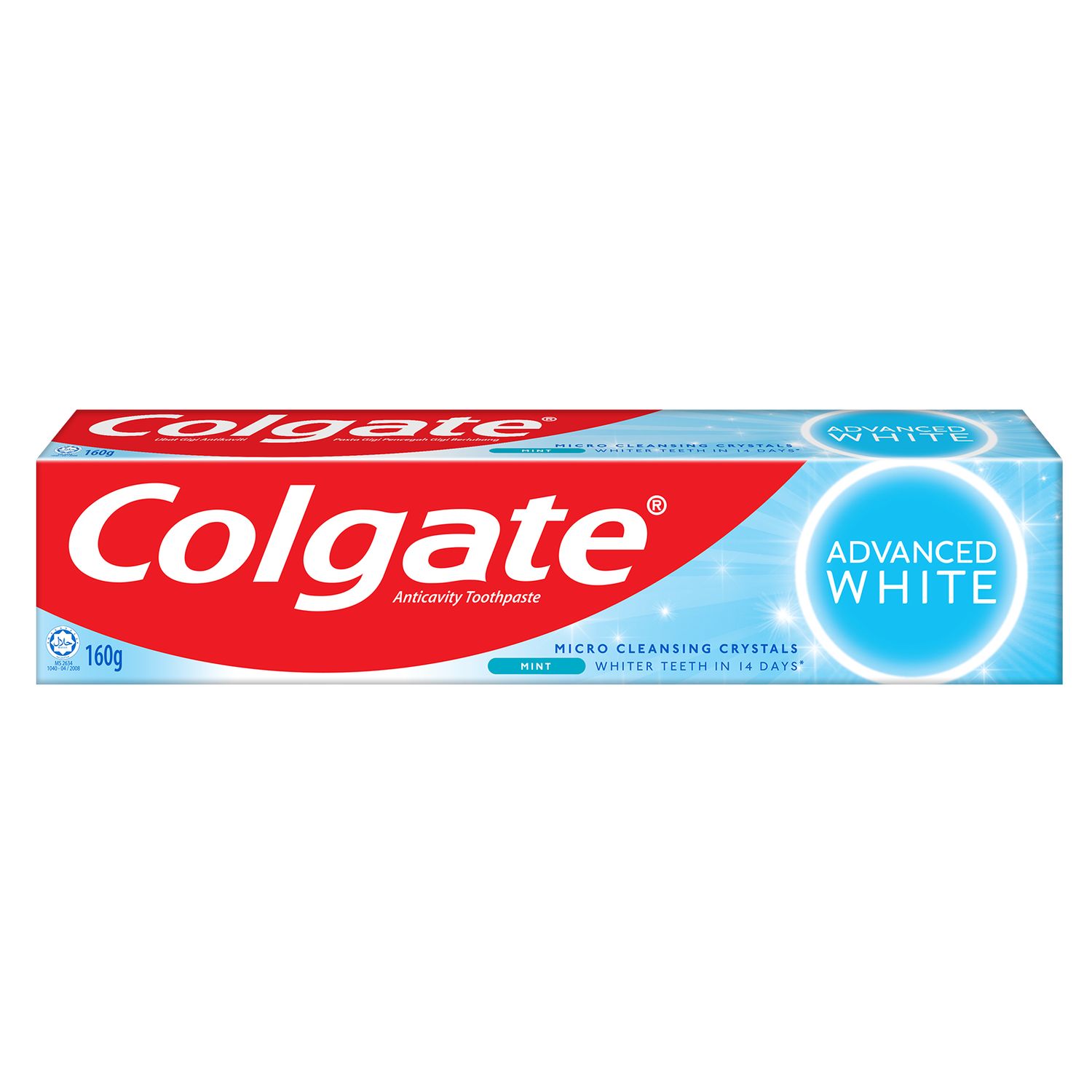Bone Remodelling Process
The Singapore Ministry of Health (MOH) explains that one's skeleton loses old bone and forms new bone throughout one's life. Bone cells include osteoblasts, which build up bone, and osteoclasts, which break down bone. They work simultaneously to maintain bone throughout your body in a process called bone remodelling.
Why Bone Resorption Occurs
Bones are strengthened by physical stimuli. For your jawbone, that includes the force exerted on your jaws by chewing and biting and the way those forces travel through your teeth. When a tooth is missing, the bone loses its stimulus in that spot and your body begins signalling osteoclasts to break down the jawbone. New bone is still being formed, according to Frontiers in Physiology, but at a lower rate than bone is being destroyed.
Therefore, tooth extraction is commonly associated with jawbone loss, according to a study in the Indian Journal of Dentistry. In fact, up to 25 per cent of the bone may be lost in the first year after a tooth extraction. The study reports that wearing dentures may increase the rate at which the bone deteriorates. If the bone continues to shrink, a patient's dentures may become loose and require refitting.
Beyond tooth extraction, certain dental and medical conditions may lead to bone resorption in the mouth. Periodontitis (a more severe form of gum disease), according to the National University Centre for Oral Health Singapore, causes the connective tissue attachment around the tooth and the underlying supporting alveolar bone to be destroyed over time, leading to a reduction in tooth support and eventual tooth loss. Osteoporosis, a condition that makes bones weak and brittle, can also affect the jawbone, according to the US National Institutes of Health.
Additionally, a study published in Medicine found that during orthodontic treatment, patients experienced a loss in bone density around the teeth that moved. Fortunately, the bone may recover back to its original strength in the months after treatment.
Consequences of Jawbone Loss
Jawbone loss can lead to dental problems if it is not managed. For example, the jawbone is vital for supporting dentures. It may be hard to find a comfortable fit over time as the bone deteriorates. If a patient only has one missing tooth, bone loss can make a dental implant harder to place. An implant may require bone grafting beforehand to replace the missing jaw structure.
Bone resorption can also result in facial changes. The lips and cheeks may start to sink in or shift, with changes becoming more apparent over time.
Treatment Options
Treatment for bone resorption largely depends on the cause of the bone deterioration, so the first step is working with your provider to determine the source of the issue. After tooth extraction, a dentist may choose to immediately place a dental implant, which can help prevent bone loss, explains a study in the Journal of Indian Society of Periodontology. Implants stimulate the bone to restore the balance of natural bone production and resorption. Bone grafting may be necessary before implants can be placed in sites that have already experienced significant bone loss.
If you have ill-fitting dentures, work with your dentist to adjust them to ensure they are comfortable and that they do not contribute to bone deterioration. If the bone loss is part of a condition like osteoporosis, your doctor and dentist may need to collaborate on systemic treatment. According to MOH, bone loss caused by osteoporosis may be treated either with anti-resorptive or anabolic medications alongside regular exercise and the consumption of recommended amounts of calcium and Vitamin D.
Your periodontist or orthodontist will be able to guide you on treatments for bone loss caused by severe gum disease or realignment of teeth respectively. Whatever your specific situation may be, you and your dental professional can work together to come up with the best approach for treating bone resorption in your mouth.














